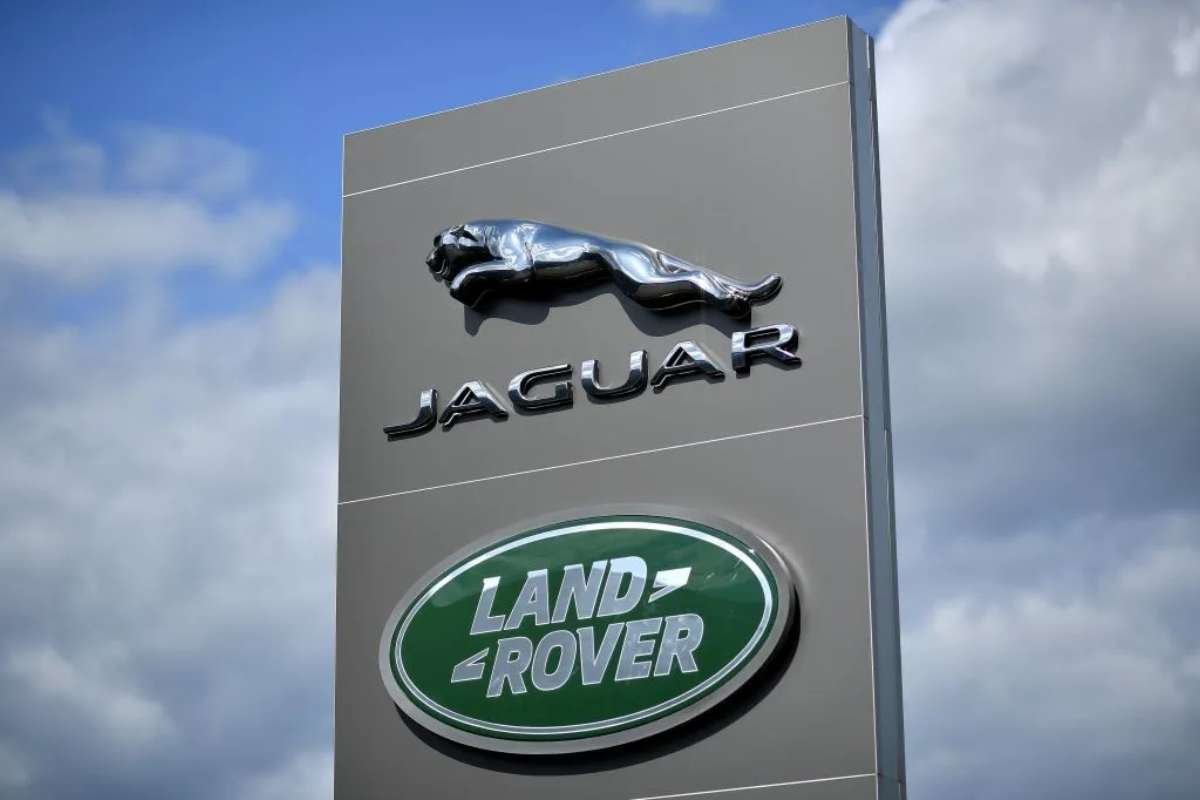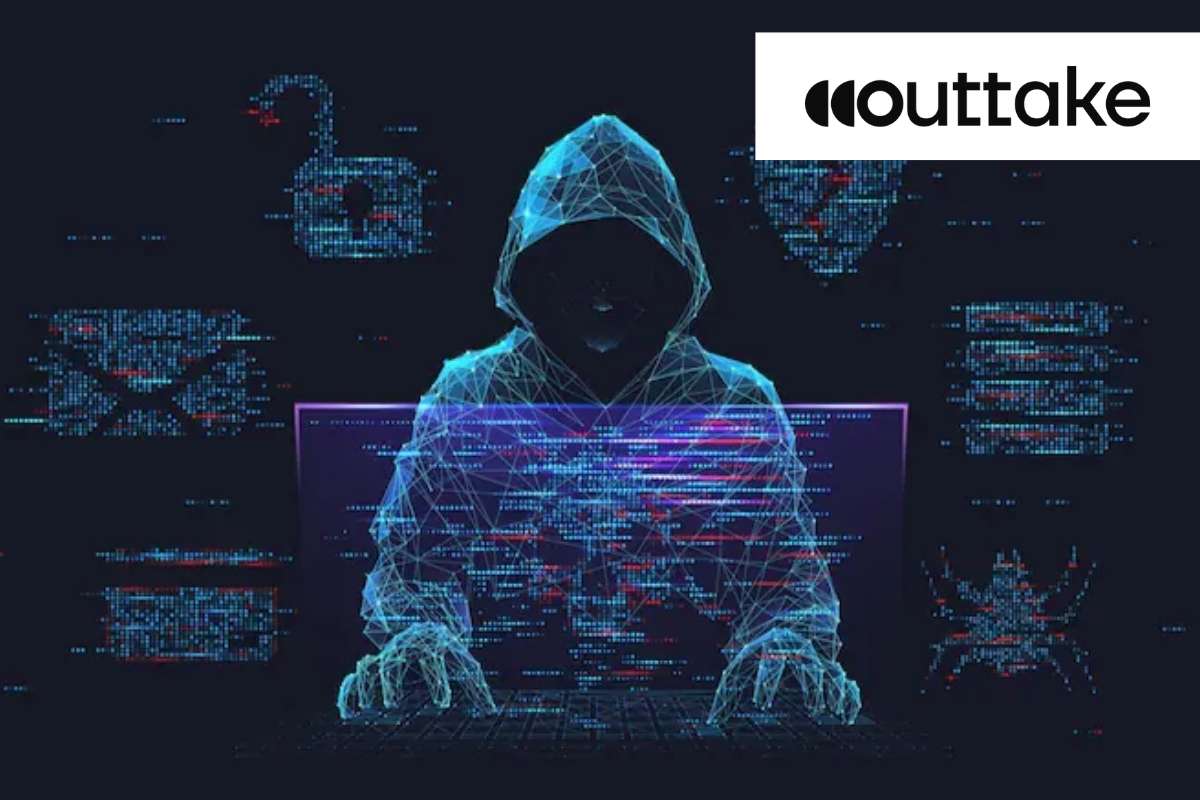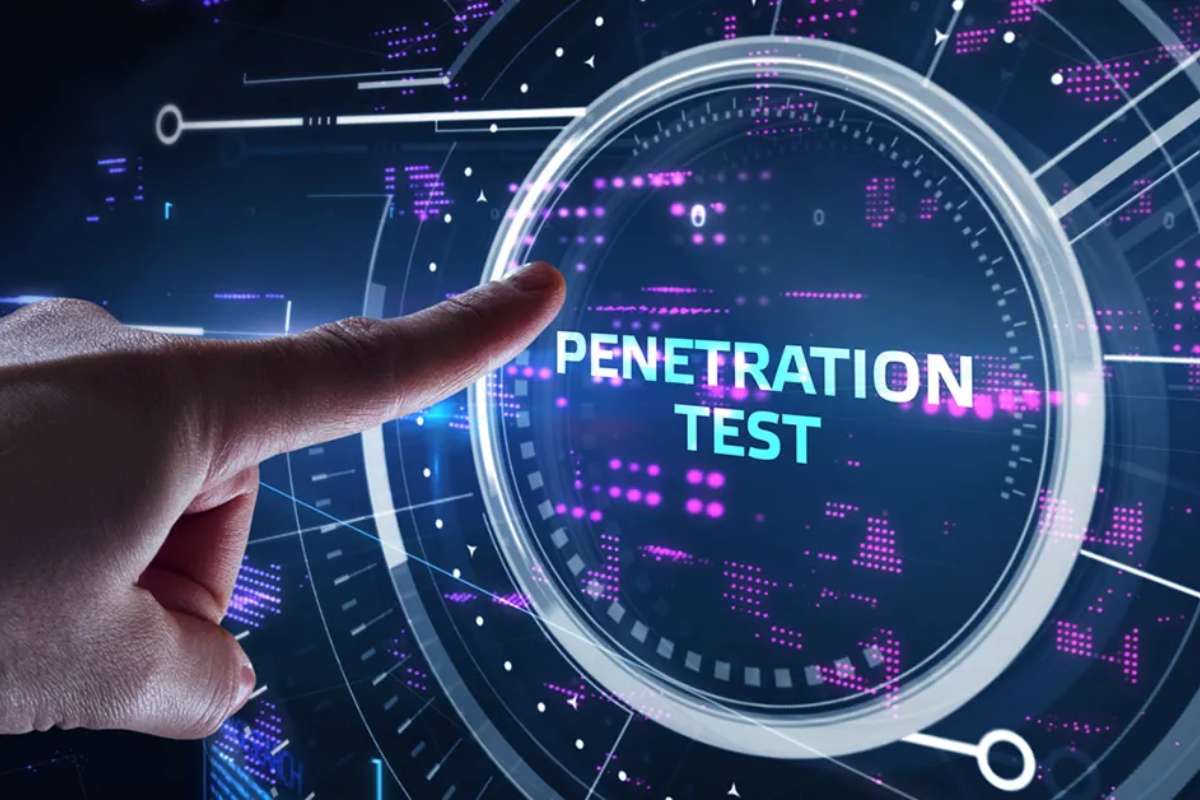Jaguar Land Rover (JLR) is recovering from a large-scale cyberattack that forced production to halt across several UK facilities, disrupting operations and supply chains. To stabilize the JLR cyberattack consequences, the JLR has secured a £1.5 billion loan guarantee, providing vital resources as it restores systems and strengthens defenses.
Cyber Incident Halts Manufacturing
The JLR cyberattack, reported last month, directly impacted JLR’s manufacturing sites in Solihull, Wolverhampton, and Halewood. The disruption halted production lines and forced suppliers across the UK automotive sector to scale back operations. Cybersecurity experts believe the attackers targeted internal systems critical for scheduling, logistics, and production flow, leaving JLR unable to resume normal activity for weeks.
Unlike other incidents where insurance can offset losses, JLR had no cyber coverage in place, making the fallout more severe. This gap left the automaker exposed not only to operational disruption but also to the high costs of recovery and supply chain support.
The consequences of the JLR cyberattack extended beyond JLR’s own plants. The company’s supply chain — the largest in the UK automotive sector — employs over 120,000 people and relies on JLR’s continuous production cycle. Key partners such as Webasto, a component supplier, also faced disruption as the cyberattack rippled across the network.
Analysts note that the JLR cyberattack demonstrates how interconnected supply chains amplify the risks of cyberattacks. A strike on one company can have cascading effects on hundreds of smaller firms, many of which may lack the resources to withstand prolonged downtime.
Rising Cyber Threats in Manufacturing
The JLR cyberattack adds to a growing list of cyberattacks on manufacturing companies worldwide. Cybercriminals are increasingly exploiting the digital systems that control production lines, warehouse logistics, and connected vehicles. These attacks often use ransomware or other forms of intrusion to lock down systems and demand payment, with disruptions costing companies millions.
Manufacturing has become one of the top targets for ransomware groups because downtime in this sector creates immediate financial losses. Experts warn that as factories adopt more automation and digital integration, the attack surface expands, making robust cybersecurity defenses essential.
While the financial loan guarantee will provide JLR with breathing space, the focus now shifts to restoring systems and preventing future breaches. Cybersecurity teams are working to identify vulnerabilities, patch compromised systems, and rebuild resilience into critical operations.
The JLR cyberattack highlights how cyber incidents are no longer limited to data breaches but can directly threaten production, jobs, and supply networks. Industry experts caution that similar attacks could hit any manufacturer that has not adequately secured its digital infrastructure.
Outlook
As the company gradually restores production, the JLR cyberattack is expected to be studied across the global automotive industry as an example of the risks posed by modern cybercrime. The event reinforces the need for companies to treat cybersecurity not as a secondary IT function but as a core part of operational strategy.
In today’s connected manufacturing environment, safeguarding against cyberattacks has become essential not only for protecting company data but also for ensuring business continuity, supply chain stability, and industry resilience.






